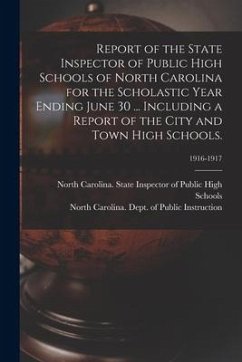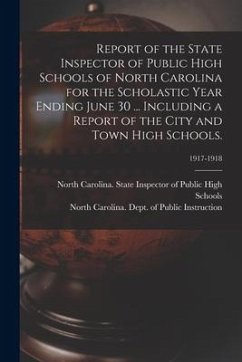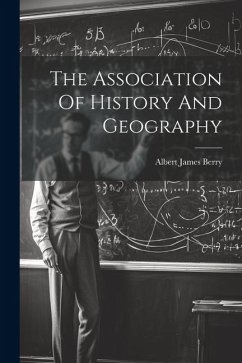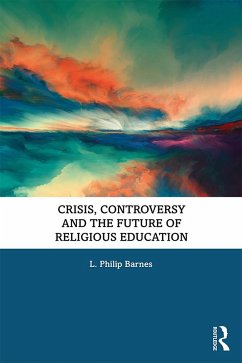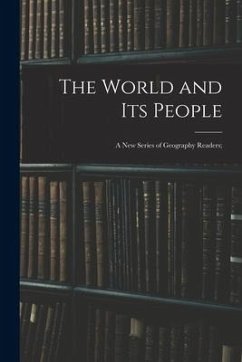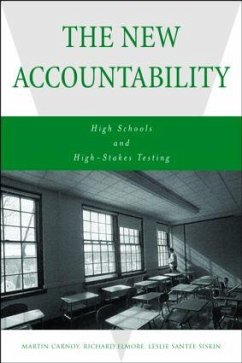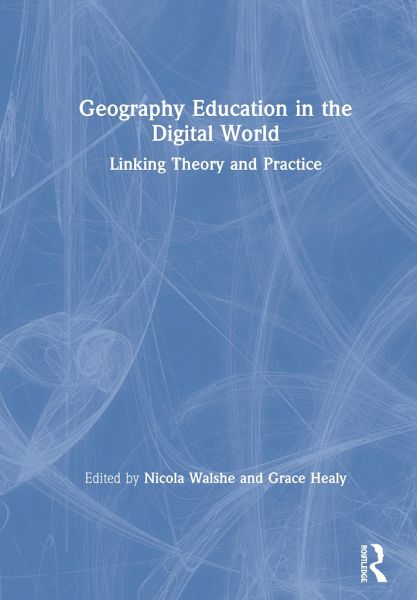
Geography Education in the Digital World
Linking Theory and Practice
Herausgeber: Walshe, Nicola; Healy, Grace
Versandkostenfrei!
Versandfertig in 1-2 Wochen
174,99 €
inkl. MwSt.
Weitere Ausgaben:

PAYBACK Punkte
87 °P sammeln!
Geography Education in the Digital World draws on theory and practice to provide a critical exploration of the role and practice of geography education within the digital world. It considers how living within a digital world influences teacher identity and professionalism and is changing young people's lives. The book moves beyond the applied perspective of educational technology to engage with wider social and ethical issues of technology implementation and use of digital data within geography education. Situated at the intersection between research and practice, chapters draw on a wide range...
Geography Education in the Digital World draws on theory and practice to provide a critical exploration of the role and practice of geography education within the digital world. It considers how living within a digital world influences teacher identity and professionalism and is changing young people's lives. The book moves beyond the applied perspective of educational technology to engage with wider social and ethical issues of technology implementation and use of digital data within geography education. Situated at the intersection between research and practice, chapters draw on a wide range of theory to consider the role, adoption and potential challenges of a range of digital technologies in furthering geographical education for future generations. Bringing together academics from the fields of geography, geography education and teacher education, the book engages with four key themes within the digital world: Professional practice and personal identities. Geographical sources and connections. Geospatial technologies. Geographical fieldwork. This is a crucial read for geographers, geography educators and geography teacher educators, as well as those engaging with existing and new technologies to support geographical learning in the dynamic context of the digital world. It will also be of interest to any students, academics and policymakers wanting to better understand the impact of digital media on education.





